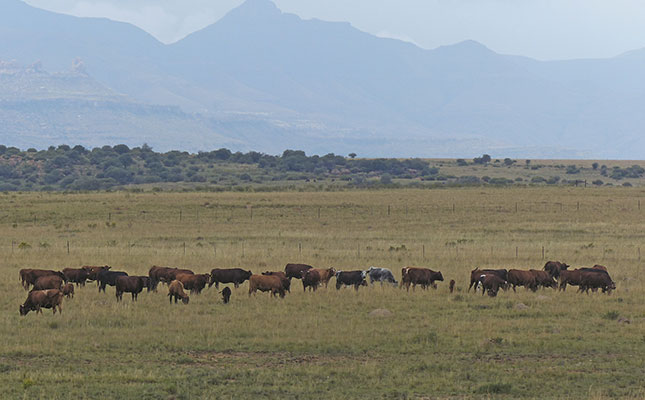
Photo: FW Archive
Stakeholders in the agriculture sector have expressed concern about the increase in theft of agricultural commodities during the lockdown period for the coronavirus disease (COVID-19) global pandemic, which is resulting in millions of rand in losses.
Tommie Esterhuyse, chairperson of Agri SA’s Centre of Excellence for Rural Safety, told Farmer’s Weekly that there had been an increase in the theft of agricultural produce in particular, such as maize in the Free State, oranges in Limpopo, and grapes in the Western Cape.
He attributed this to a reduction in the movement of farm patrols, brought on by the lockdown, which “created a climate for crime to occur”.
“Bakkie loads of produce are being stolen, which gives us an indication that the theft is not due to hunger, but rather [for] trade,” said Esterhuyse.
He estimated that the losses to the industry ran into millions of rand, adding that it placed additional pressure on producers during a difficult time in which they were faced with high input costs and low producer prices.
Livestock theft also increased during the lockdown period, according to National Stock Theft Prevention Forum chairperson, Willie Clack.
“Livestock theft almost doubled in the areas of the northern Free State to the south of Gauteng.”
He added that a particular increase in the theft of cattle during the period had been observed, and that it was not potslagting (slaughtering for consumption), but several incidents suggested the involvement of organised crime syndicates.
According to TAU SA, it was clear that criminals did not heed the lockdown regulations, and farmers were increasingly falling victim to these transgressions.
“What is of further concern is the explicit prohibition by the Minister of Police [Bheki Cele] on farm guards and community policing forums continuing with their regular patrols and crime prevention actions,” said Henk van de Graaf, chairperson of TAU SA’s northern region.
“With the police now focusing on other areas, it means that rural areas are currently unprotected. Criminals know this and are abusing the situation.”
He advised farmers to increase vigilance on their farms.
“The power of farm guards lies in the co-operation between role players, effective communication, covering [other] significant areas than just their own farms, as well as patrolling public roads, which are often used as escape routes.”
Esterhuyse urged farmers to continue carrying out farm patrols and to ensure that they had sufficient security to protect themselves and their produce.
He also called on farmers to report any theft to the police so that there was a record of the frequency and nature of the theft.










